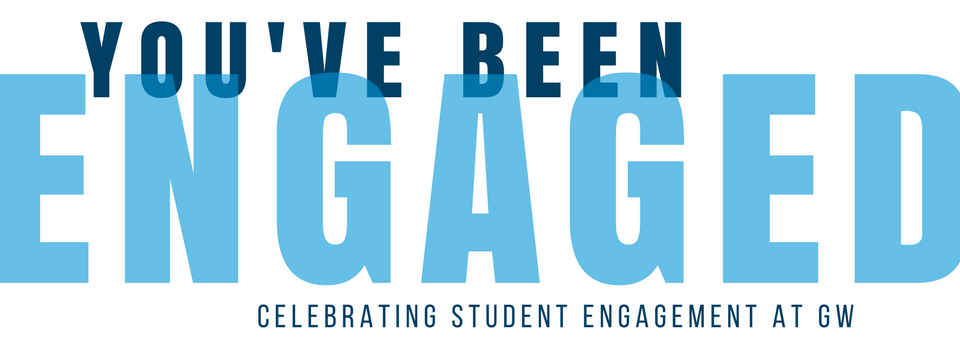In April 2017, 259 student leaders responded to the Student Organization Resources Evaluation survey. The Center for Student Engagement (CSE) used that data to make improvements to resources for student organizations, including online resources, advising, and the Excellence in Leadership Seminar (ELS).
More than 55% of students said they would like to see the OrgSync Guides re-organized, so the OrgSync Guides were re-organized and made searchable by keyword. Available under the “Files” tab in organizations' OrgSync portals or in the “Search for Anything” bar, these written guides on topics such as “OrgSync How To’s” and “Organization Finances” can assist student leaders with many common organization tasks, on-demand, when they want it, at their own pace.
Staff advisors continue to build relationships with student organizations. More than 55% of students preferred receiving support from their staff advisor. Seventy-three percent of students were satisfied with their advisor’s level of involvement in their organization, and 24% of student leaders would like more involvement from their advisor. Both student leaders and advisors were encouraged to discuss the advisor's level of involvement and how they can best meet student needs.
Forty-five percent of students were not familiar with the Student Organization Resource Desk for receiving walk-in advising, and 11% of students confused the Resource Desk with CSE Finance Office hours to complete financial transactions. Despite this, nearly 80% of respondents who did visit the Resource Desk in 2016-2017 resolved their issue on-site. Thus, the CSE is increasing marketing of these resources, including pointing out resources in advising meetings and asking advisors to promote their hours at the Resource Desk to their organizations.
Finally, several feedback-driven changes were made to ELS, a workshop series to provide student leadership development that also serves as student organization training. Last year, three out of four students reported being satisfied with ELS. Participation in ELS had a positive impact on student organizations, including providing student leaders with increased knowledge; greater self-awareness; more connections with students, faculty and staff; and more ideas for their organization. New ELS topics were introduced to provide more options and address the variety of needs of student organizations that students detailed in the survey. New topics include GW Policies and Procedures, President’s Roundtable, and Five Practices of Exemplary Leadership.
Additionally, a significant minority of students indicated preference to attending student organization training in one day instead of throughout the year. To accommodate this preference, a block of ELS sessions will be offered on September 30. Dubbed “ELS Express”, attendance at these sessions will meet the training requirement for student organizations and help student leaders be prepared for the academic year.
Overall, the Student Organization Resources Evaluation provided valuable usage, satisfaction, and learning data for student organization resources, allowing the CSE to focus our improvement efforts in areas of need.

